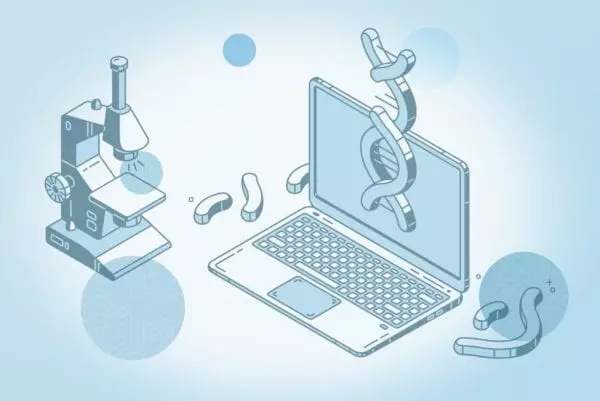Researchers from the University of Texas at Austin are celebrating over the success of a new device that could help doctors diagnose cancer in mere seconds. This type of new technology is important both for helping to detect tumors sooner, but also to help make sure that surgeons remove as much cancerous tissue from the body during treatment.
The new MasSpec Pen – a pen-shaped instrument that connects to a computer – works by detecting metabolites in living cells to determine whether they are healthy or cancerous. Cancerous cells can be differentiated from healthy cells because of their higher metabolic chemical processes, which helps them grow rapidly and form tumors.
The MasSpec Pen takes metabolite readings from the tissue and passes it through a piece of statistical software, which matches the readings against a database of metabolic signatures compiled from hundreds of human tissue samples. These samples include both healthy and cancerous tissues from the lungs, breast, thyroid, and ovaries.
Several studies have confirmed that the process is extremely effective in detecting cancerous tumors over healthy cells. In fact, the pen accurately diagnosed cancer in the sample tissue more than 96% of time.
In addition to offering a new and effective way to detect cancer, the MasSpec Pen also is a relatively non-invasive procedure. “When designing the MasSpec Pen, we made sure the tissue remains intact by coming into contact only with water and the plastic tip of the MasSpec Pen during the procedure,” said Jialing Zhang, a research associate who worked on the project.
It is unclear when exactly this new device will become available to medical professionals at large. For now, the best way to detect cancer is to take a biopsy, which can be invasive and painful for the patient.
However, new technologies like the MasSpec Pen could lead to a revolution in cancer diagnosis by making it easier and even less expensive for patients to learn whether they have cancer. It will also significantly reduce the wait time patients need before learning about their diagnosis, which could likewise reduce the psychological anxiety they might experience while waiting for the results from a lab.
How beneficial this will be for individuals with rare cancers like mesothelioma remains to be seen. But overall, it is a positive step for the cancer community at large.





